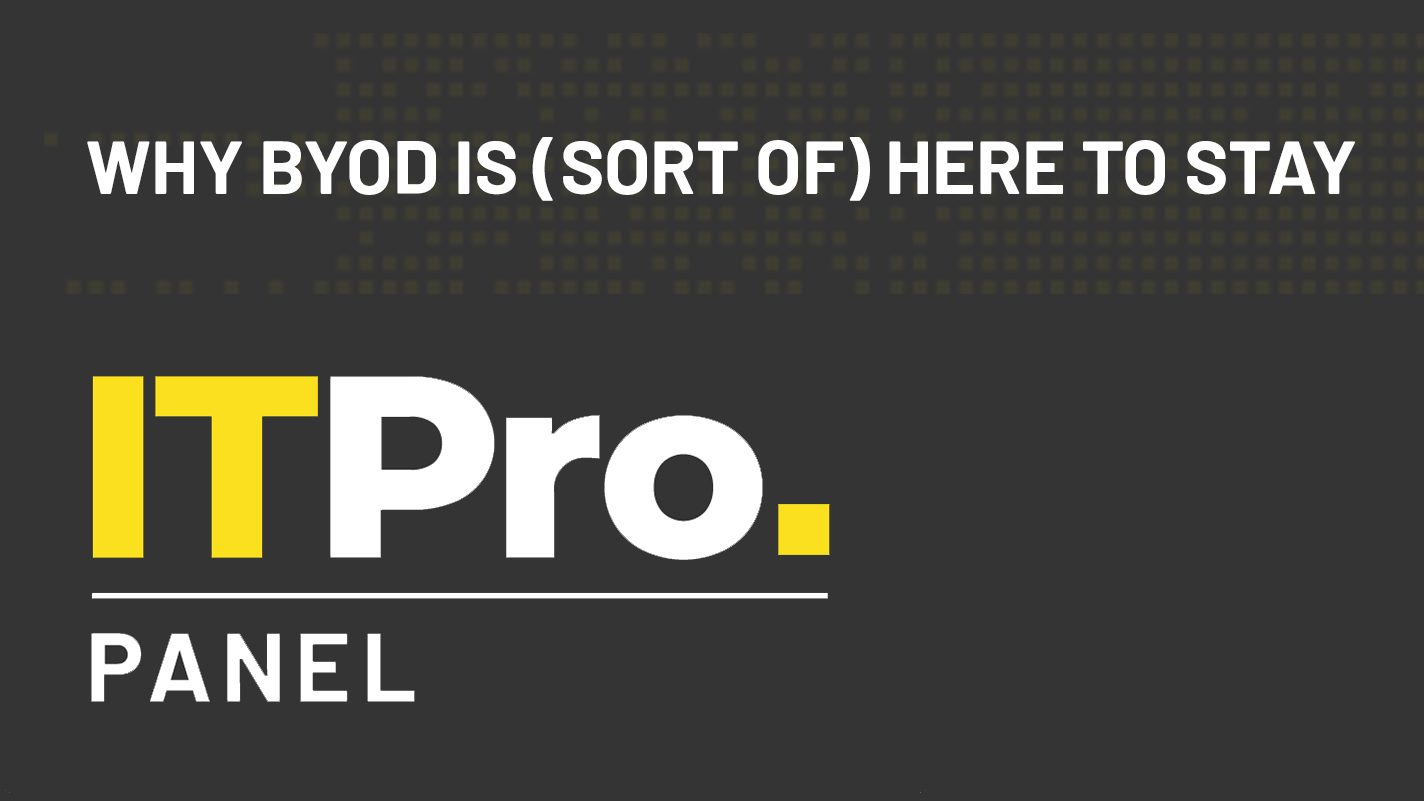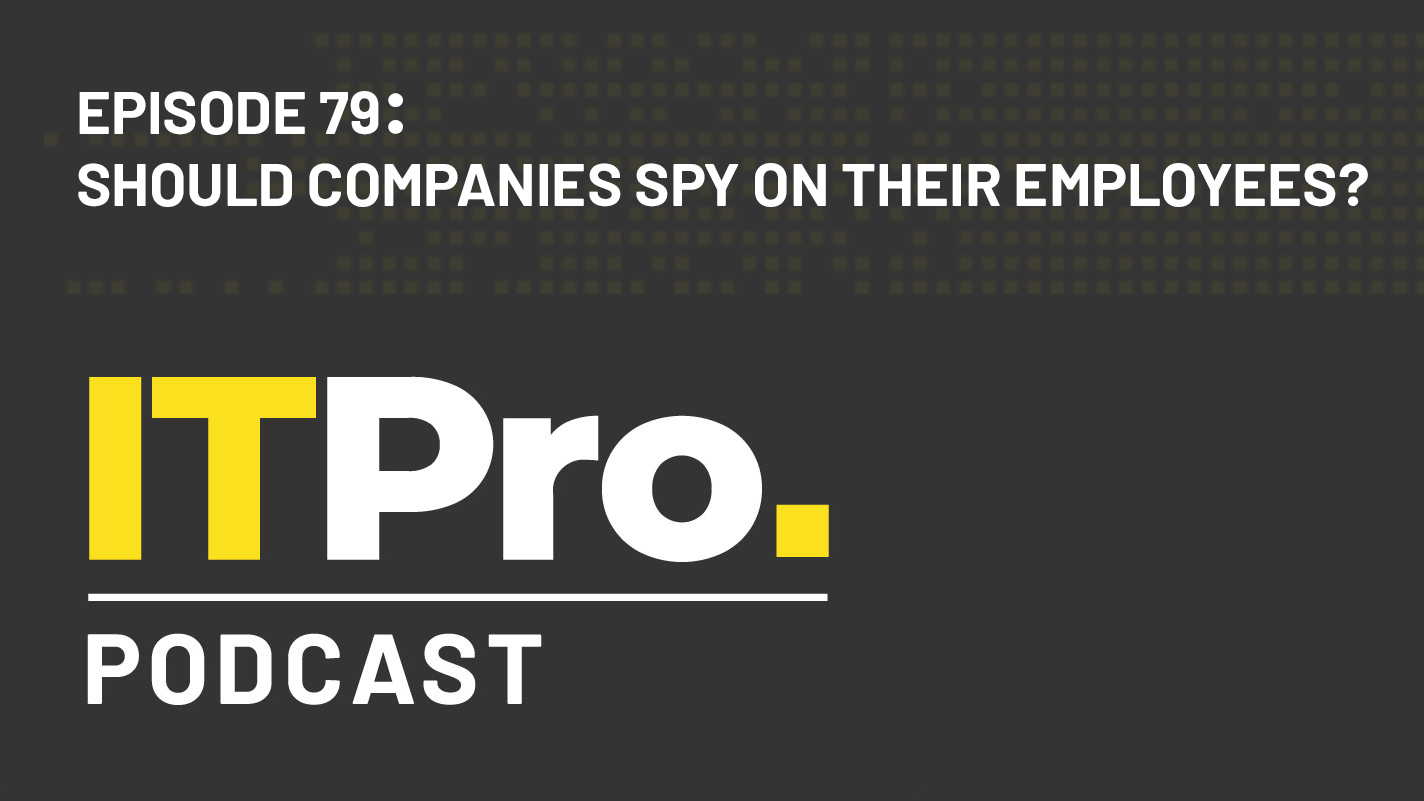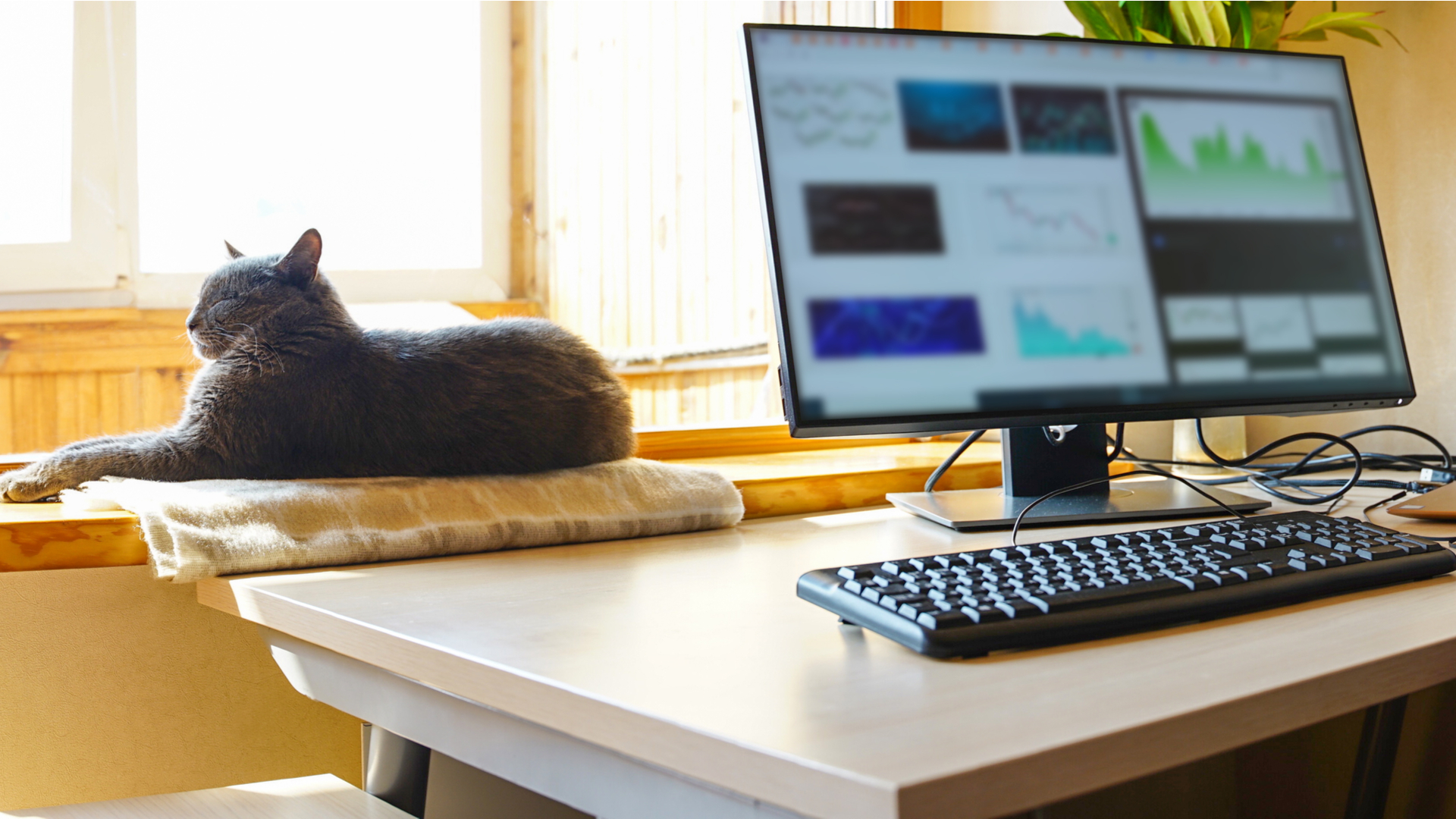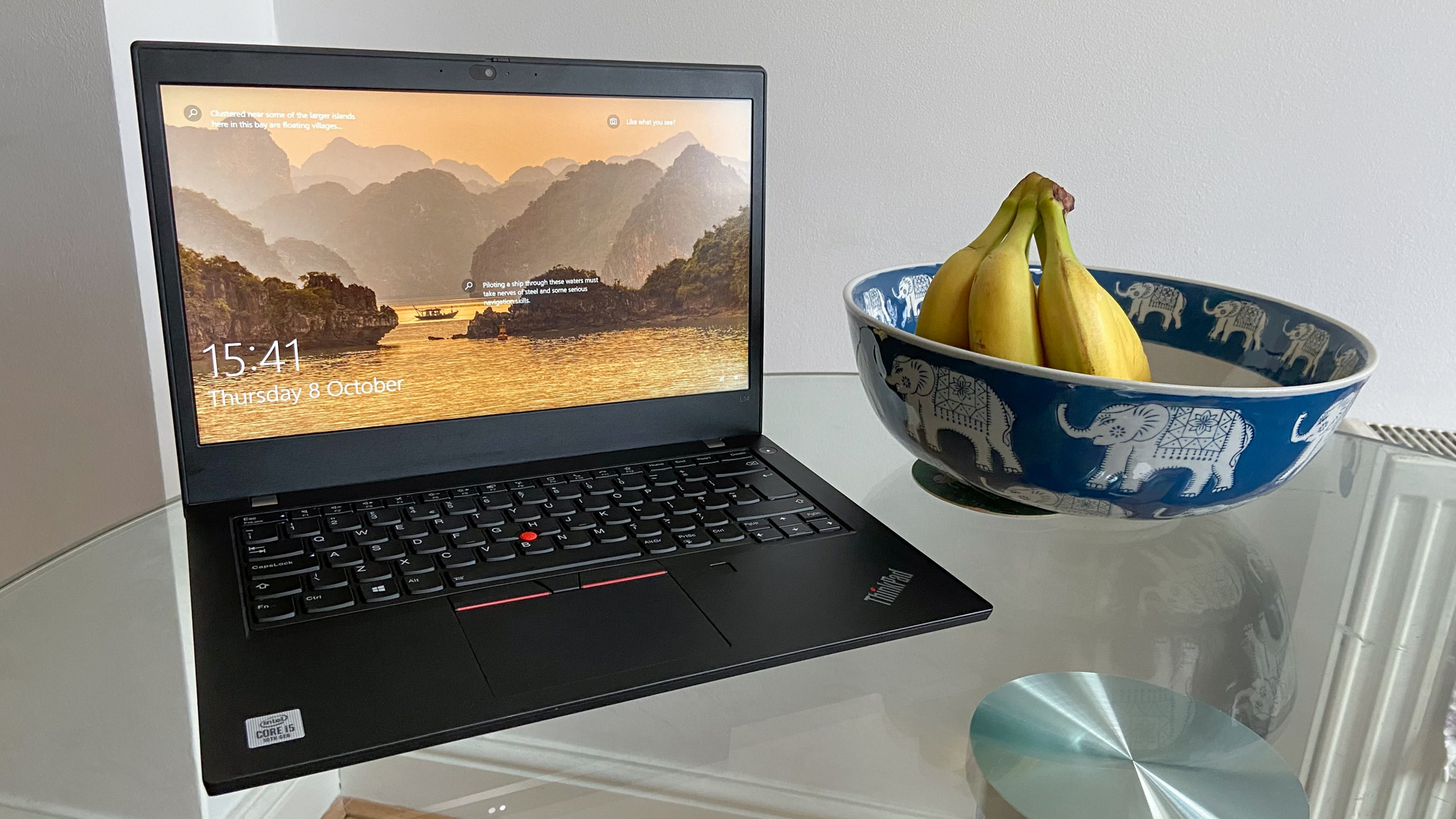HP: Enterprise networks killed by cloud
Hardware giant claims the need for higher capacity networks are being overlooked by many CIOs.

Enterprise networks are being throttled by cloud and bring your own device (BYOD) schemes, as IT departments under invest in new infrastructure.
This is the view of hardware giant HP, who said many firms are trying to run devices and cloud services on networks that are not fit for purpose.
Just because you have the infrastructure in place, doesn't mean its going to be sufficient
Speaking at the launch of the HP Enterprise App Store in central London, the firm's head of innovation and sustainable computing, Ian Brooks, said: "The challenges on the network will change profoundly over the next two years.
"The things that happen [during this time] will put completely different demands on the network...and just because you happen to have [an infrastructure in place] doesn't mean, when you introduce cloud computing or video on-demand, that it's still going to be sufficient," he explained.
Brooks said he found it astonishing that networks are so rarely at the "front of mind" of IT decision makers when planning their move to the cloud.
"People need to understand that all these things we're hoping to achieve around cloud are all posing completely different challenges to the network," he added.
Sign up today and you will receive a free copy of our Future Focus 2025 report - the leading guidance on AI, cybersecurity and other IT challenges as per 700+ senior executives
However, Darren Parkes, networking consulting strategy lead at HP, said businesses preparing to embrace cloud and BYOD should not feel under pressure to rip out and replace their existing infrastructure.
Speaking to IT Pro, he said: "The first thing we would say to clients is, don't panic. Panicking could end up costing you a hell of a lot of money.
"In the enterprise, so much hangs on IT that you simply can't rip and replace. So, it's a case of [making] small, quick, changes."
In terms of future-proofing the network, Parkes said IT departments should focus their efforts on tackling the problem of BYOD first and cloud later.
"Cloud is more of a top down initiative, something the business and CEO knows about and has approved, whereas BYOD is a bit more organic in organisations," said Parkes.
"Some organisations put a total block on it [BYOD], but people still find a way for their mobile phones to do stuff and access the Wi-Fi environment.
"Out of the two things, I'd say BYOD and the demands mobility, unified communications and collaboration have on the network is a more pressing concern."
-
 The race is on for Higher Ed to adapt: Equity in hyflex learning
The race is on for Higher Ed to adapt: Equity in hyflex learningHyflex courses can improve student wellbeing and engagement, but only with meeting technology that leaves no one behind
-
 Gen Z workers are keen on AI in the workplace – but they’re still skeptical about the hype
Gen Z workers are keen on AI in the workplace – but they’re still skeptical about the hypeNews Younger workers could lead the shift to AI, but only think it can can manage some tasks
-
 Rebooting your BYOD strategy
Rebooting your BYOD strategyIn-depth With hybrid working becoming the norm, there's a need for a device management overhaul. What does BYOD 2.0 look like?
-
 IT Pro Panel: Why BYOD is (sort of) here to stay
IT Pro Panel: Why BYOD is (sort of) here to stayIT Pro Panel CIOs explain why they aren’t going all-in on personal devices
-
 The IT Pro Podcast: Should companies spy on their employees?
The IT Pro Podcast: Should companies spy on their employees?IT Pro Podcast Where’s the line between security and surveillance?
-
 What are employers' responsibilities when we use personal tech to work from home?
What are employers' responsibilities when we use personal tech to work from home?In-depth With many more months of lockdown ahead of us, and workers reluctant to return to the office full time, it's time to think about roles and responsibilities
-
 What is the 'personalisation of IT'?
What is the 'personalisation of IT'?In-depth With millions of people using personal devices for professional purposes while working from home, consumerisation has entered a new phase
-
 WhatsApp delays controversial privacy update for businesses
WhatsApp delays controversial privacy update for businessesNews Users were asked to share data with WhatsApp’s parent company Facebook in order to continue using the service
-
 Lenovo ThinkPad L14 review: It’s not right but it’s okay
Lenovo ThinkPad L14 review: It’s not right but it’s okayReviews Pleasant enough for simple office tasks
-
 The consumerisation of IT continues apace – here’s how your business can benefit
The consumerisation of IT continues apace – here’s how your business can benefitIn-depth BYOD may be a fact of business, but there are still more ways organisations can grow by embracing consumer tech